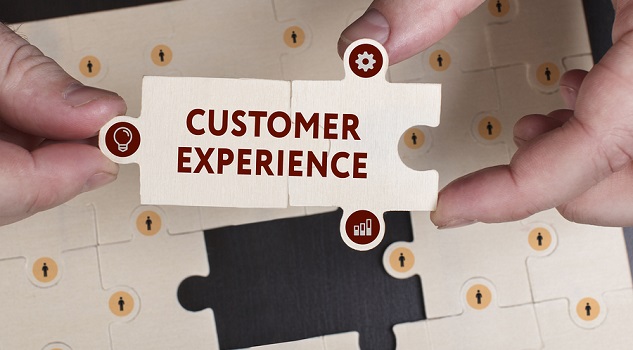Open your wallet and phone and count the number of customer loyalty cards, frequent flyer programs and brand apps you’ve signed up for. While it is easy to believe we are exceedingly loyal to brands these days, our “eagerness” to join these programs is less about our enthusiasm for the brand and more manifestations of our expectations to be treated specially.
As customers, we are willing to give information to businesses because we believe it will result in an improvement in our overall experience with them – we expect the VIP treatment every time we return. According to one study, more than 70 per cent of consumers expect a personalised experience.
With these expectations, consumers are unsurprisingly intolerant towards impersonal experiences. Segment’s 2017 State of Personalisation Report shows that 71 per cent of consumers express frustration towards being treated as a number. Experiencing impersonal customer service drives 62 per cent of customers to switch to a competitor, according to Salesforce’s survey on the State of the Connected Customer report.
Technology solves the identity dilemma
How can small businesses create a personalised experience for their customers?
The answer is making every touchpoint with your customers a personal, memorable encounter, including every time a small business answers the phone.
Consider this: mobile phones contain more personal data than we’d like to admit. We would more readily lend someone our car or our holiday house before we’d loan our phones, even to an old friend. Mobile phones now contain all our private and personal data, emails, contact lists and social media accounts, so are the most personal device we own. Therefore, when a customer calls, with the help of some smart integrated CRM telephony technology, a business can identify them instantly by their phone number and greet them by name – just as a friend would.
Over 90 per cent of customer interactions still take place over the phone because it’s usually faster to speak with someone than write an email or find the information online. Instead of pushing customers to your website or to speak with a Virtual Assistant, a friendly phone conversation is the easiest way to make a customer feel valued. Why put customers through a series of questions or IVR prompts before assisting them, when you could skip this step and have a more proactive and valuable conversation?
More sales and fewer disgruntled customers
Personalisation has an impact on a customer’s purchasing decisions. Infosys’ Rethinking Retail study[5] found 96 per cent are influenced to purchase more during personalised experiences, even when the products are pricier. When a customer feels a small business cares about them and understands their individual needs, they will naturally want to return again, and recommend the business to others. Small business can also engage customers after the sale with a follow-up phone call asking about their experience with a product or service (and perhaps suggest the customer write a review).
Personalisation can even impact how consumers react to mistakes. A personalised customer experience is not only able to restore trust but can even empower the once-dissatisfied customer to contribute to future improvement!
A business may have brilliant products or a lofty vision statement, but at its core, a business without customers has no reason for being. Without a personalised experience, customers can and will take their business elsewhere. With this is mind, personalisation is quickly shifting from a competitive advantage to a business imperative – no longer “a nice to have”, but “a must”.
Charles Heunemann, Managing Director & VP Asia Pacific, Natterbox













